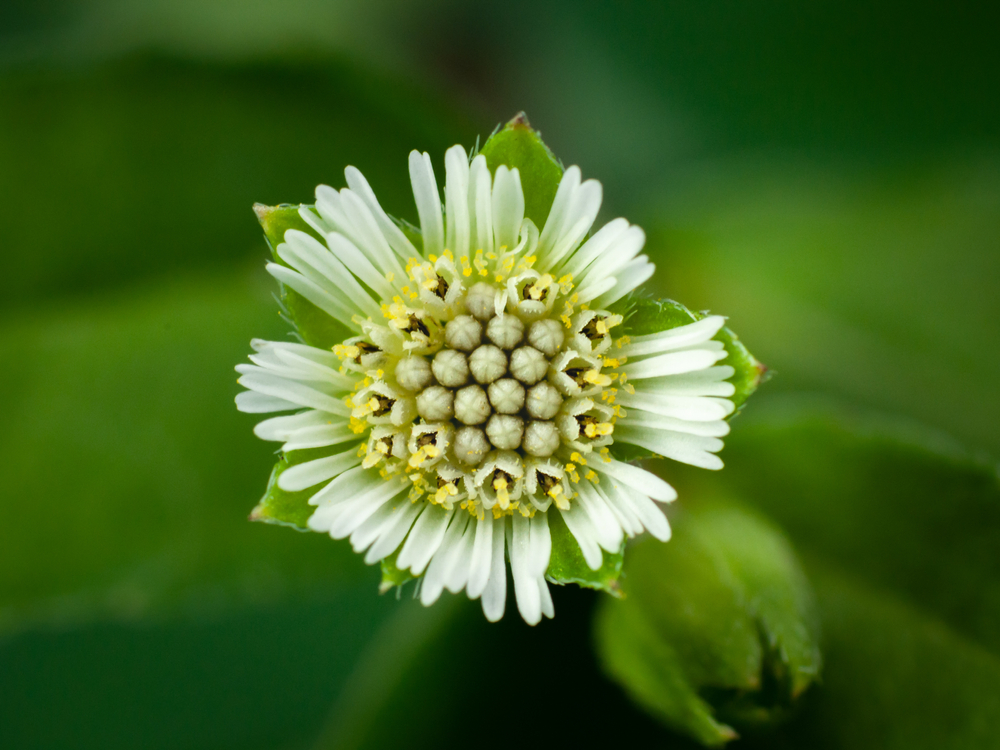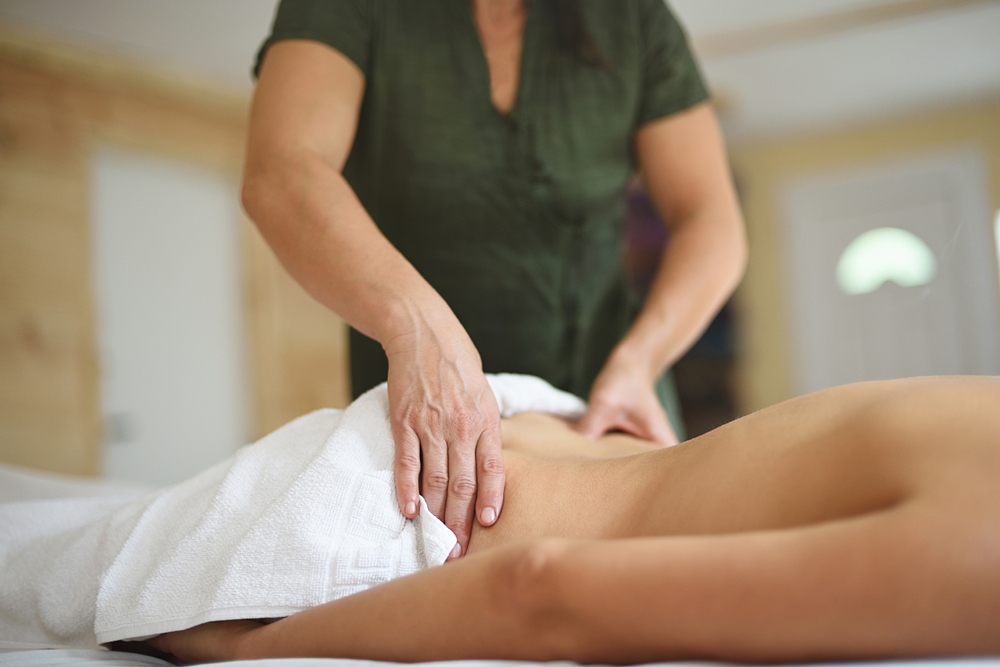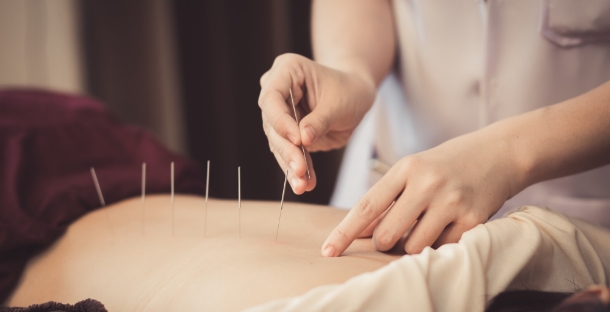
Coping With Seasonal Allergies (Summertime)
Have you ever wondered why some people have bad allergies in the spring while others suffer more during the summer? Both spring and summer see a ton of plant pollen being released into the air. Everyone has different triggers for their allergies. The summer also sees changes to the air quality, as well as more insect activity, both of which are common triggers for seasonal allergies. Today, we’re looking at what are summertime seasonal allergies, what triggers them, and how acupuncture can provide effective relief and prevention of symptoms.
What is allergic rhinitis
Allergic rhinitis is an allergic response to harmless indoor and outdoor particulates in the air that causes cold-like symptoms. Unlike a cold, these symptoms will occur immediately after exposure to allergens and will continue for as long as you are exposed.
While allergens are generally harmless, our immune system will decide they pose a threat to our health and produce immunoglobulin E (IgE) antibodies to protect against them. The next time you come into contact with that allergen, those antibodies will signal to your immune system to release histamine and other chemicals into your bloodstream.
Common causes
As we’ve discussed, allergic rhinitis is an immune response to airborne allergens. It is believed that allergies are a symptom of an overreactive immune system, since most allergens are not actually harmful (with the exception of molds and other contaminants). Common types of allergens are pet dander, dust and dust mites, mold, fungi, mildew, and plant pollens.
Common symptoms
Allergic rhinitis causes cold-like symptoms that start immediately after being exposed to an allergen. The severity of symptoms varies from person to person, but the following are the most commonly experienced:
- Runny nose or sinus congestion
- Water and itchy eyes
- Sneezing
- Coughing
- Itchy nose, throat, or roof of mouth
- Postnasal drip
- Swollen, bruised-appearing skin under the eyes (also called allergic shiners)
- Fatigue resulting from poor sleep caused by the above symptoms
What causes summertime allergies?
Unlike in spring where most of the triggers are from tree and plant pollen, in the summer there are a couple other factors that come into play. Air quality is a big one. Another is that a lot of insects that bite or sting are more active during the hotter months. And of course, plants like ragweed will be releasing lots of pollen into the air.
Plants and weeds
By early summer, many trees will have stopped producing pollen, but there is a whole new crop of weeds and grasses that start pumping pollen into the air. Ragweed is by far the most well-known summertime allergen, but there are a number of others just as likely to cause you trouble. The following are plants to watch out for:
- Ragweed
- Cockle weed
- Pigweed
- Sagebrush
- Bermuda grass
- Blue grasses
- Timothy grass
- Orchard grass
Smog
You’re probably aware that smog warnings are much more common in the summer months. There are two reasons for this. The first is that the combination of lots of sunshine and relatively calm winds leads to pockets of ozone sitting closer to the ground.
The other reason is that as climate change advances, fire season is getting longer and more severe. Wildfires produce a log of smoke and particulates in the air that can travel long distances. As we’ve learned, this can impact people who live outside of wildfire zones.
Insects that bite
Insects are most active during summer. Generally, people will experience a mild reaction to being stung or bitten, with symptoms of mild swelling and itching localized to the area where the bug got them. Some people have the more serious reaction of anaphylaxis, which is life threatening. The following are the insects to watch out for:
- Bees
- Wasps
- Yellow jackets
- Fire ants
- Mosquitos

Is hay fever the same as seasonal allergies?
Hay fever is just a layman’s term for allergic rhinitis. It gets its name for the allergies people experience during hay-cutting season, but you can experience hay fever at any time of year depending on what you’re allergic to. Therefore, you can use the terms hay fever and seasonal allergies interchangeably as they’re both describing the same thing.
How can acupuncture help?
As allergies are an immune response, acupuncture can help support your immune system while reducing the reactivity that is causing your symptoms. In TCM, defensive (Wei) Qi is our first line of defense against sickness. Imbalance, stagnation, and blockages will weaken Wei Qi, and prevent it from being distributed evenly throughout your body. Acupuncture is designed to improve the flow of Qi by removing blockages and stagnation and restoring balance. Stimulating the meridians that correspond with the lungs, kidneys, stomach, and spleen strengthens the source (Yuan) Qi and the middle (Zhong) Qi, while improving the circulation of defensive Qi. This helps strengthen immunity and reduces reactivity to allergens. The treatment can also relax or release the overreactive smooth muscles that cause bronchial constrictions.
Other tips to help manage your seasonal allergies
While regular acupuncture treatments during allergy season are most effective at reducing and preventing symptoms (especially paired with western allergy treatments), there are also things you can do at home and between appointments. There are two strategies that are effective: avoiding exposure to allergens and reducing reactivity.
For the first strategy, you’ll want to create a “clean” space in your home to reduce your exposure to pollens. Here are some ways to do that:
- Use air filters in your home, and change the filters regularly.
- Keep windows closed, especially on high pollen days.
- Wipe your pets down with a damp cloth when they come inside to remove pollen stuck to their fur.
- Change your clothes after spending time outside as pollen may be stuck to the fibres.
- Wear a dust mask when you have to go out on high pollen days.
To reduce reactivity, there are a number of medicinal herbs and naturally occurring compounds that help reduce allergy symptoms. Before you start using any of these herbs, it is important that you check with your doctor or pharmacist to make sure they won’t interfere with any medications you may be taking. The following are some herbs for seasonal allergies:
- Fragrant angelica root (Bai Zhi)
- Astragalus root (Huang Qi)
- Astractylodes rhizome (Bai Zhu)
- Silver root (Fang Feng)
- Stinging nettle
- Butterbur
Your acupuncturing can recommend which herbs and foods will be most beneficial to you, as well as in what quantities and how to prepare them.
Seasonal allergies can be a drag, but they don’t have to take over your life. Schedule your summer tune-up appointment to help prevent allergy symptoms all together.



